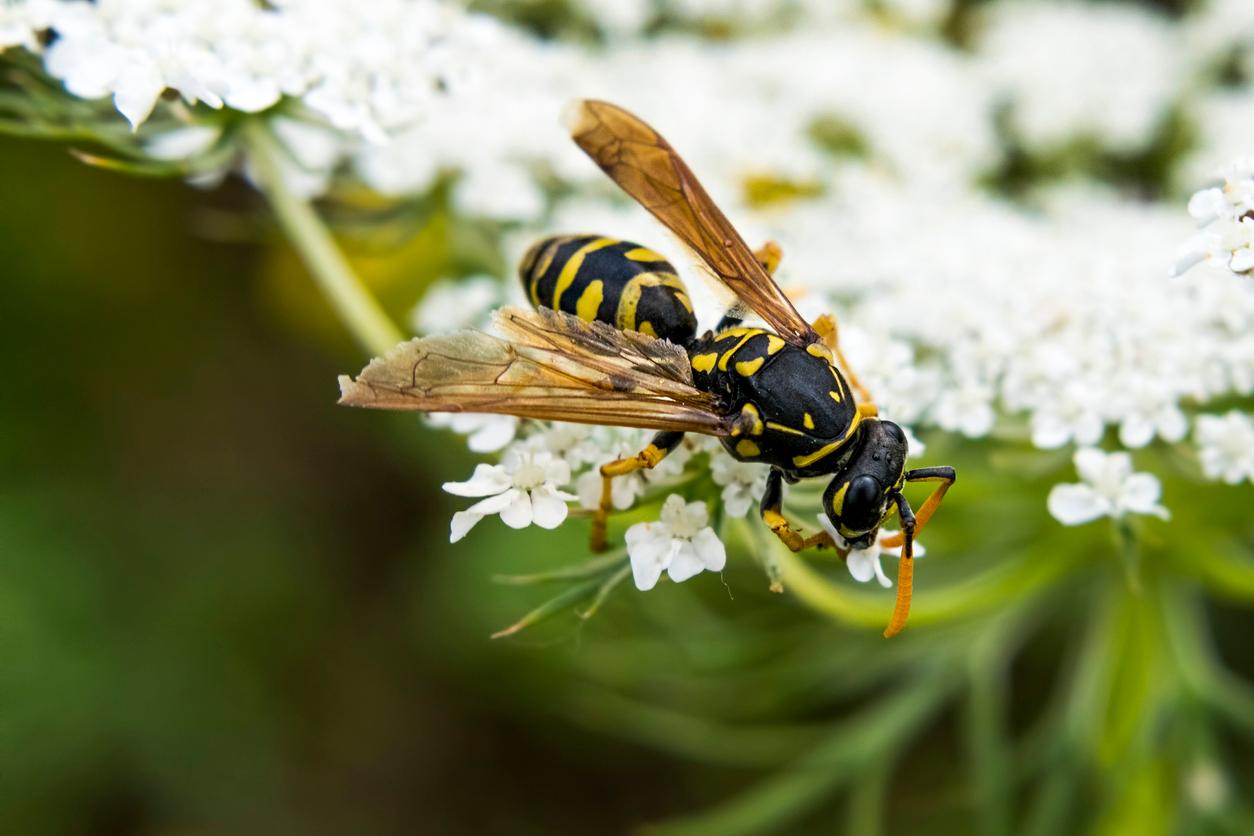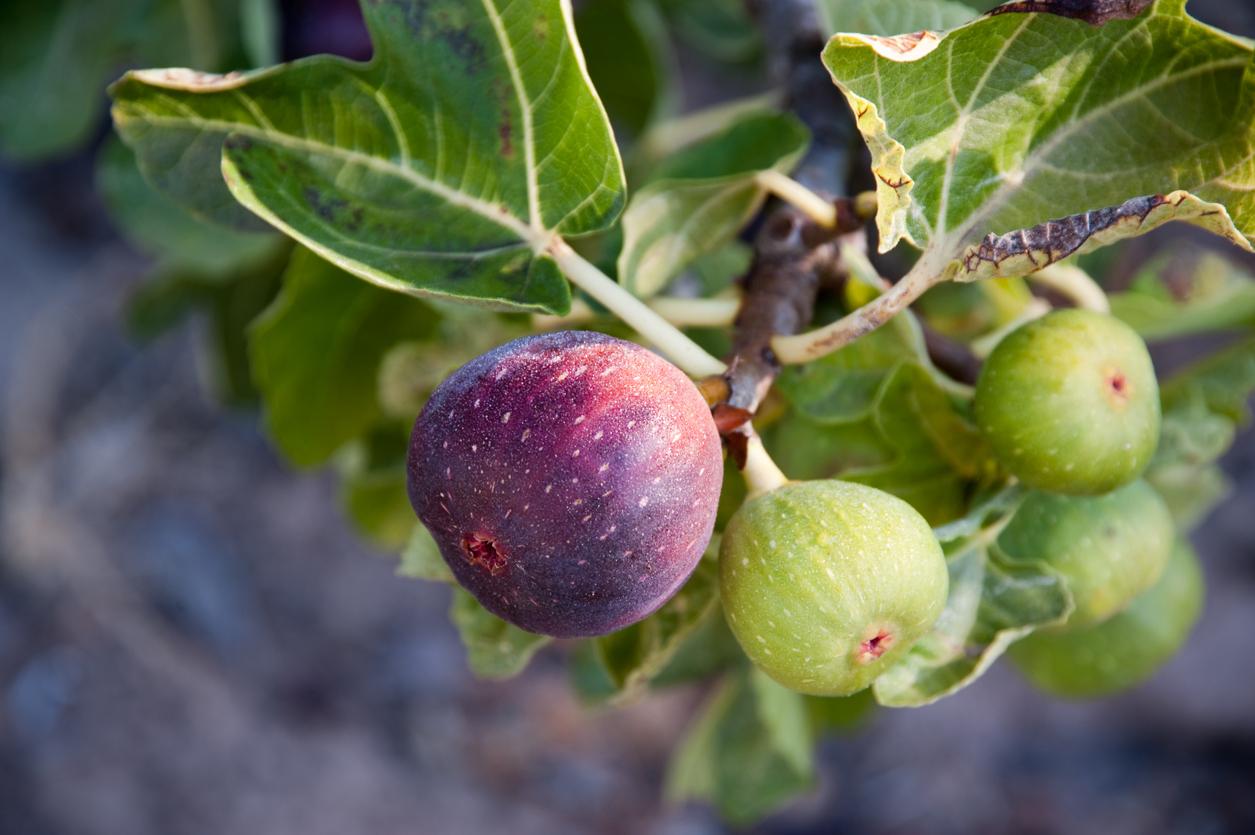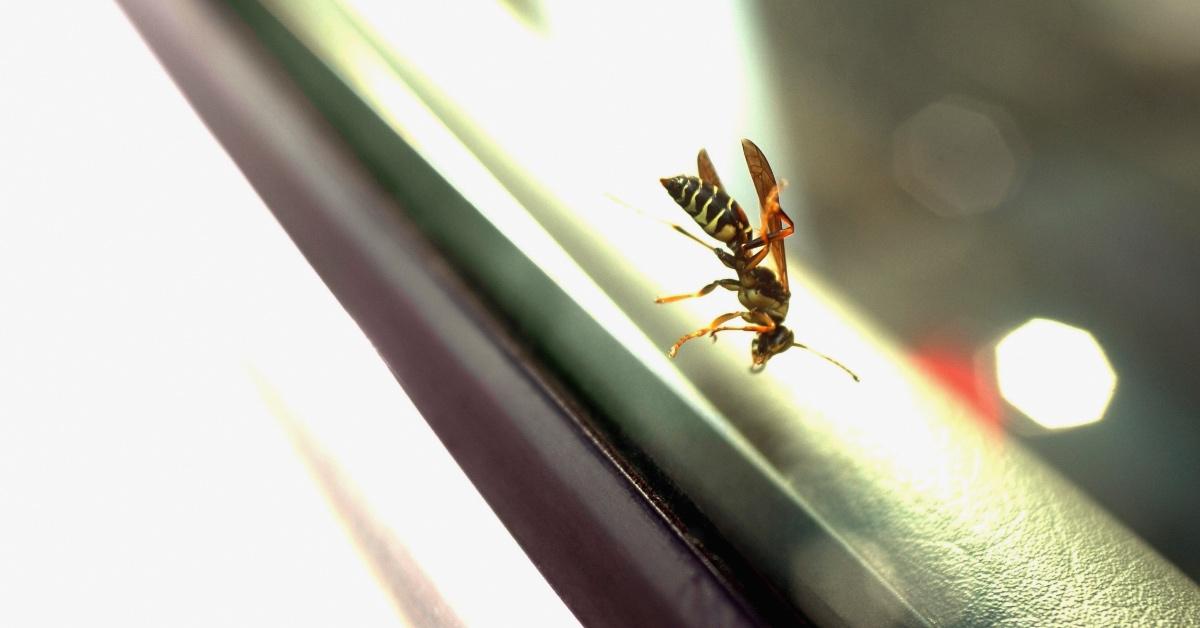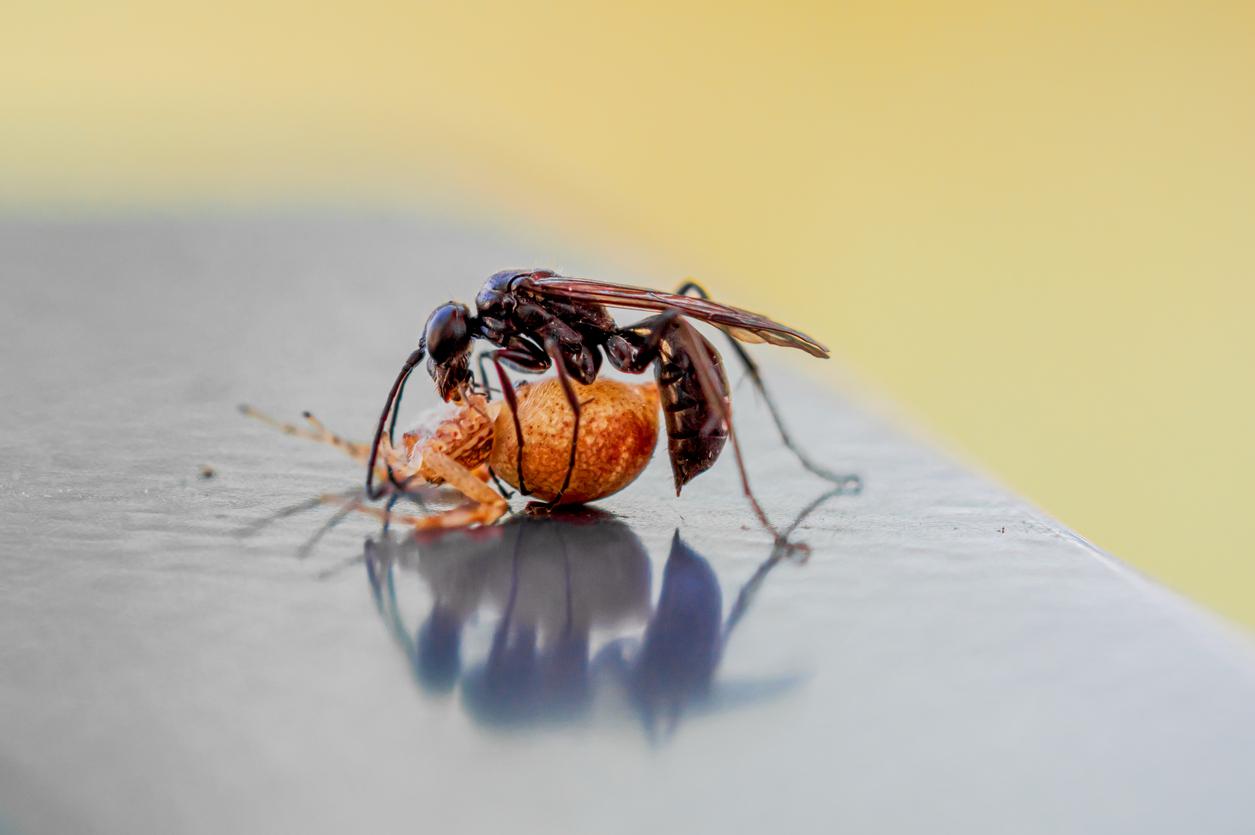Wasps Are More Important to the Environment Than You Might Think — Here's Why
Published July 12 2023, 4:58 p.m. ET

For flying insects, bees have a pretty good reputation. They’re known to benefit humans and the environment in many ways, and many people even consider them cute. Especially as people gain awareness of bee colony collapse, there has been a passionate movement save the bees — to the point where keepers even stabilized the honeybee population in 2023.
On the other hand, wasps are a little less popular — they’re often just seen as a menace. However, despite scarier features and a nastier sting, they’re actually just as important as bees. Keep reading to learn more about what wasps do for the environment.
What do wasps do for the environment? To start, they're great pollinators.

Most of us know that bees provide an essential ecosystem service: Pollination. They are responsible for pollinating our crops, which is what enables plants to fertilize and reproduce, according to Penn State University.
Basically, we rely on these tiny creatures to support almost our entire food supply. Without their free pollinating services, we wouldn’t have watermelons, blueberries, cherries, pumpkins, squashes, and more. This is why so many people feel so passionate about saving the bees — they are essential for life.

Knowing this, you’d think that wasps receive the same fervor because they actually pollinate crops too. Yet, for some reason, they don’t experience the same level of fanfare or adoration. Perhaps people are simply unaware of the importance of wasps, but why is that?
Well, it turns out that we just learn more about bees. Only recently have scientists really started studying wasps and gaining a good understanding of their value in our ecosystems, according to University College London.
When researchers were studying wasps, they found that these little insects visited over 950 plant species —- 164 of those species entirely depend on wasps for pollination. Many are even considered “backup pollinators” due to the fact that they can pollinate a wide array of plants when necessary. So even though most people are only praising the bees, wasps are out there working just as hard.
Wasps help keep other insect populations under control.

If you don’t like wasps, you probably don’t adore other creepy-crawly creatures — it’s hard to relax outside when there are a ton of bugs running around. But whether you like wasps or not, they are good at hunting down pests and controlling the insect population.
It’s estimated that wasps in the U.K. “account for 14 million kilograms of insect prey across the summer,” according to BBC News. Without them, our gardens would be completely overrun by other insects.
Nobody despises a bug infestation more than farmers. Every year, farmers spend a ton of time, money, and effort controlling pests to keep their crops healthy, even with the help of wasps.
Wasps are super valuable to agriculture because they help regulate populations of aphids, caterpillars, and more. Some are even specifically suited to control certain types of pests! Wasps could easily become a popular sustainable type of pest control.
Researchers have suggested utilizing the local wasp populations in developing countries to help protect high-value crops. If humans can avoid expensive and chemical-filled pesticides, that’s always good news.
So, even though bees are great — and cute — don’t forget that wasps are awesome too. Like bees, they help our environment thrive, make things easier for humans, and provide essential ecosystem services.